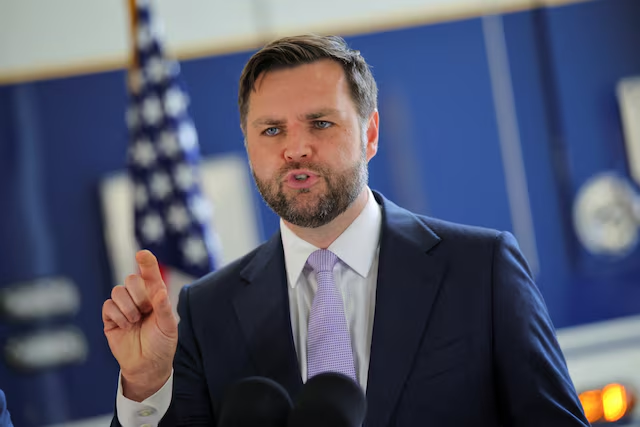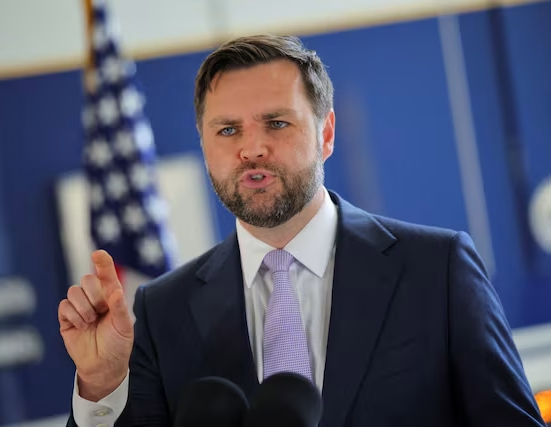Washington, June 23, 2025 – In a rare moment of consensus, U.S. Vice President J.D. Vance affirmed that the United States, Russia, and China all oppose nuclear proliferation in the Middle East, a position he emphasized as critical amid escalating tensions following U.S. airstrikes on Iranian nuclear sites.
Speaking on NBC’s Meet the Press, Vance described the recent bombing of Iran’s Fordo, Natanz, and Isfahan facilities as a targeted strike against Iran’s nuclear ambitions, not a declaration of war. “We don’t want nuclear arms raised in the Middle East,” he asserted. Vance framed the strikes as defensive, intended to delay Tehran’s potential pathway to a nuclear weapon, not to dismantle its regime, but also to prevent a regional nuclear arms race.
He echoed concerns that if Iran were allowed nuclear weapons, it would prompt a proliferation cascade, with other nations in the region seeking similar capabilities: “We really think that if the Iran domino falls, you’re going to see nuclear proliferation all over the Middle East”.
Vance further underscored that the U.S. remains open to diplomatic engagement, including possible participation of Russia and China in future negotiations aimed at curbing Iran’s enrichment capacity. However, he emphasized the non-negotiable U.S. stance: no nuclear weapons development in Iran .
With all three global powers, Washington, Moscow, and Beijing, warning against nuclear escalation, Vance’s statement underscores a rare alignment in international concern. Yet, much depends on whether containment strategy holds or if diplomacy can temper the current crisis.

